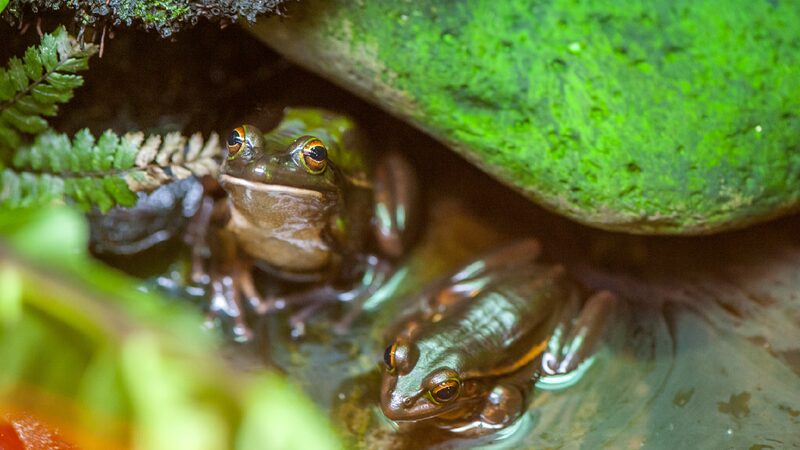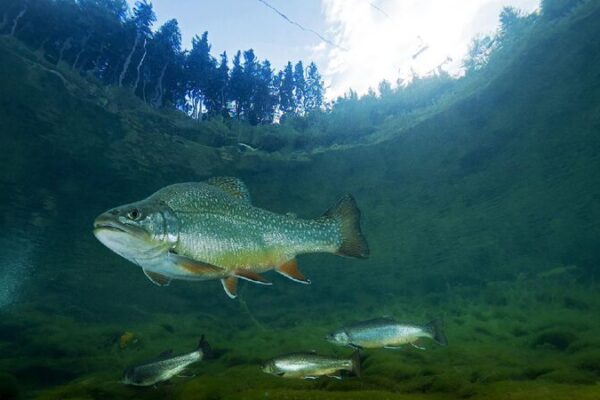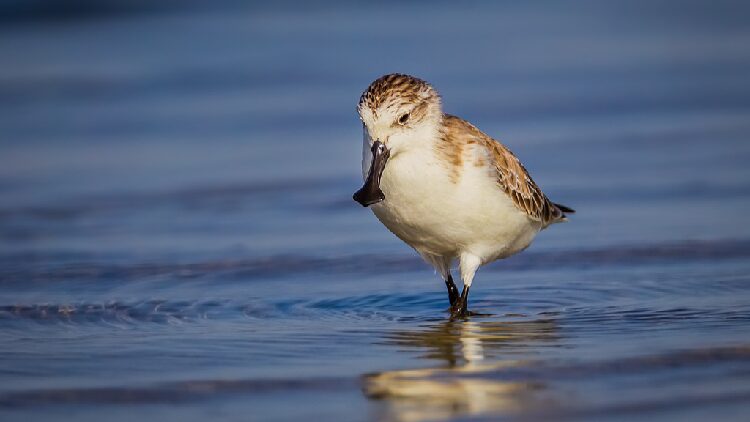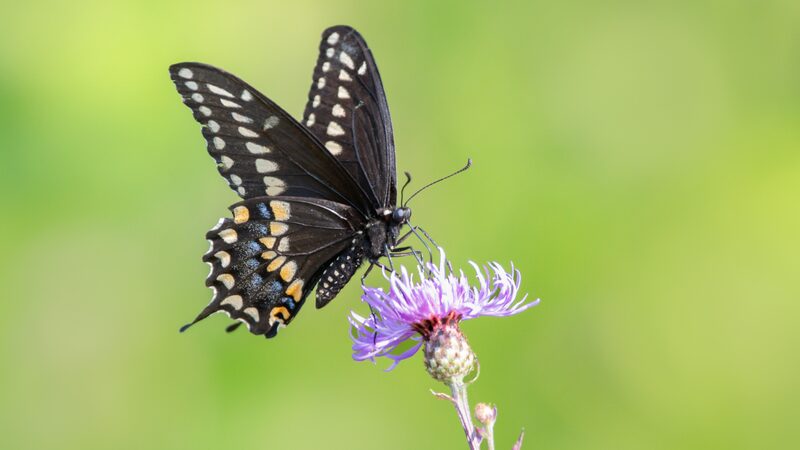Scientists are raising the alarm as a new study reveals that New Zealand’s unique wildlife is among the most vulnerable to extinction due to climate change.
Described as “impressive and very sobering” by Nic Rawlence, director of the Otago Palaeogenetics Laboratory at the University of Otago, the study highlights the serious risk facing New Zealand’s globally unique biodiversity. “New Zealand has been singled out. We are in the climate firing line and the government needs to listen,” Rawlence said.
The research, published in the prestigious journal Science, analyzed 30 years of data and found that under a projected 2.7 degrees Celsius of global warming, one in 20 species worldwide will be at risk of extinction. The situation is even more dire for New Zealand, where extinction rates could exceed 25%, particularly impacting amphibians.
Julie Deslippe, a senior lecturer in Plant Ecology at Victoria University of Wellington, emphasized the urgency of the findings. “The results for New Zealand are alarming,” she said. “Amphibians are especially at risk, as nearly half of New Zealand’s native frogs are extinct, with the remaining populations declining or threatened.”
Climate change not only poses direct threats such as droughts, fires, and extreme weather but also amplifies other challenges like habitat loss, invasive species, and diseases. “Among the key drivers of species decline, climate change stands out,” Deslippe added.
Experts are calling for immediate conservation efforts to protect the most at-risk species. Rawlence noted that there can be a significant lag between climatic impacts and eventual extinction, offering a critical window for action. “This lag time can allow species to adapt to climate change if we act now,” he said.
The study serves as a stark reminder of the urgent need for climate action to preserve New Zealand’s unique ecosystems and the wildlife that depends on them.
Reference(s):
New Zealand wildlife highly vulnerable to climate-driven extinction
cgtn.com








